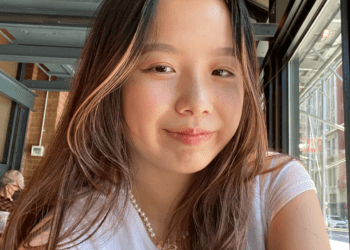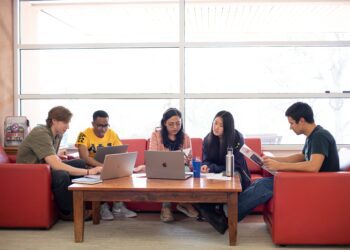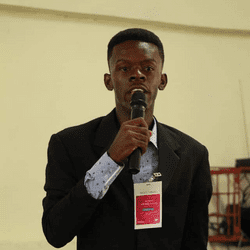Hein Oo, a 22 year old who fled Myanmar amidst a military coup, completed all five stages of the 2022 Aspire Leaders Program Cycle 2.
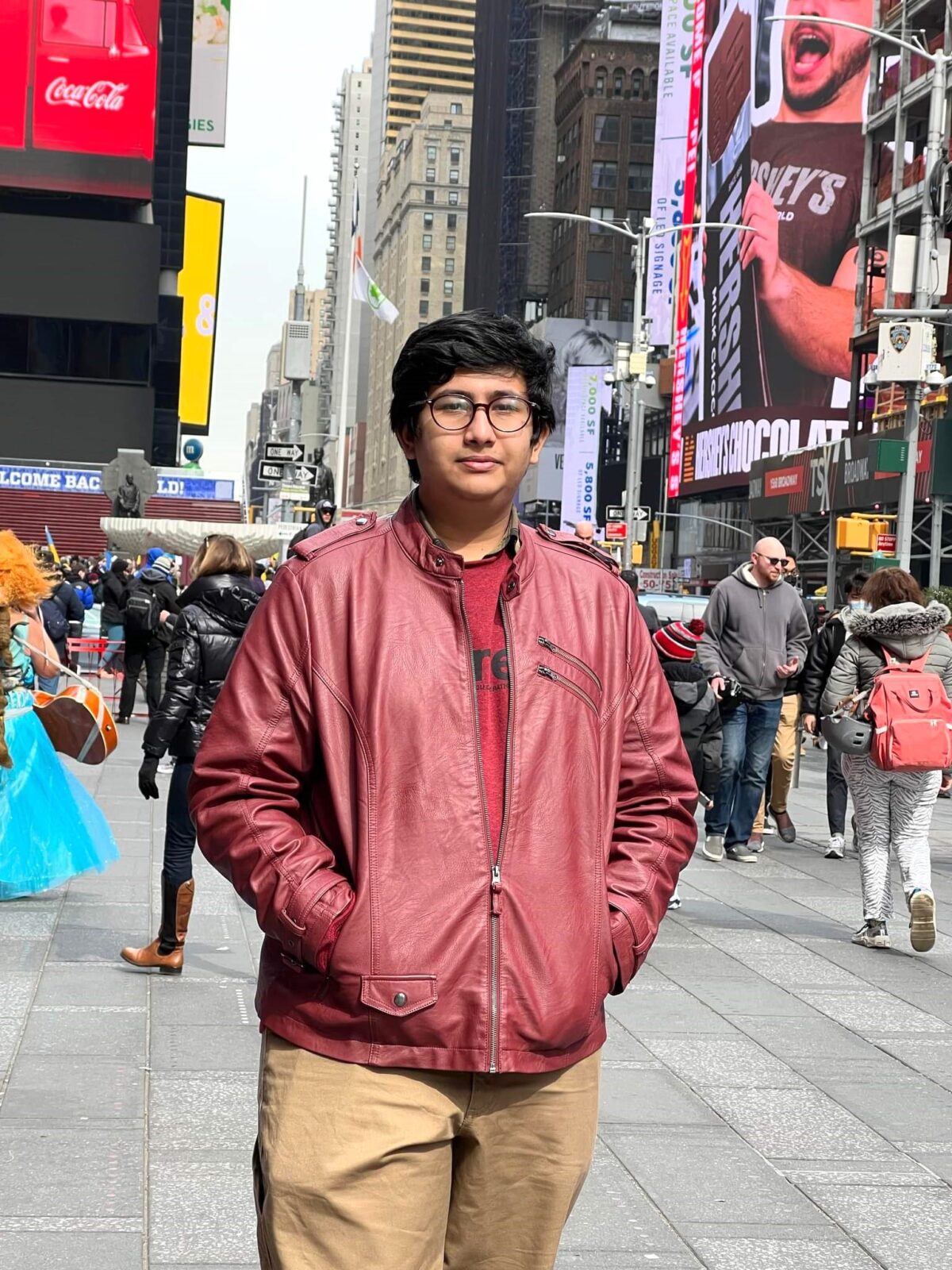
Born and raised in Myanmar, Oo was forced to move to the United States at the end of 2021. The country was facing a military coup and given his participation in the resistance movement, he had to flee for his safety. He was able to secure a scholarship from the State Department which brought him to study in Mississippi.
When he completed that scholarship, he was offered additional support from the Open Society University Global Network — an ecosystem of institutions that integrate learning across boundaries, promote civic engagement, and expand access to higher education. Unable to travel back to Myanmar, Hein Oo, who also goes by Ray, has built a life for himself in the U.S. He currently lives in Georgia with a host family while completing online courses from Bard College.
“My family is still in Myanmar right now, and they are having a really hard time,” he shared. “I wish they could leave, but I don’t want them to risk everything.”
Oo completed his bachelor’s in Business Management and is contemplating applying to a master’s program. His course schedule has been in Environmental History, Philosophy, Politics, Literature and Public Finance, but he sees himself going into an environmental MBA or a sustainability program.
Hein Oo as an Environmental Advocate
Recently, he has been quite involved in an intergovernmental negotiating committee and youth environmental advocacy group.
“Back home, the study of the environment isn’t even a thing; Myanmar is one of the least developed countries, and we have a huge environmental problem because the government is exploiting all of the natural resources [with no] plans to fix it,” he said.
Oo said the worst part is that other youth may care about the environment, but they aren’t given a platform to voice their opinions and experiences.
“Young people like me would never have the chance to speak at the national level, even at the local level,” he explained.
In his opinion, the efforts from Myanmar are minimal – like telling people to pick up plastic and throw it in the trash.
“I know we need to go beyond this, so I started to explore some programs but most of them had very little resources and were isolated,” he said. “They didn’t have any connection to the global environment.”
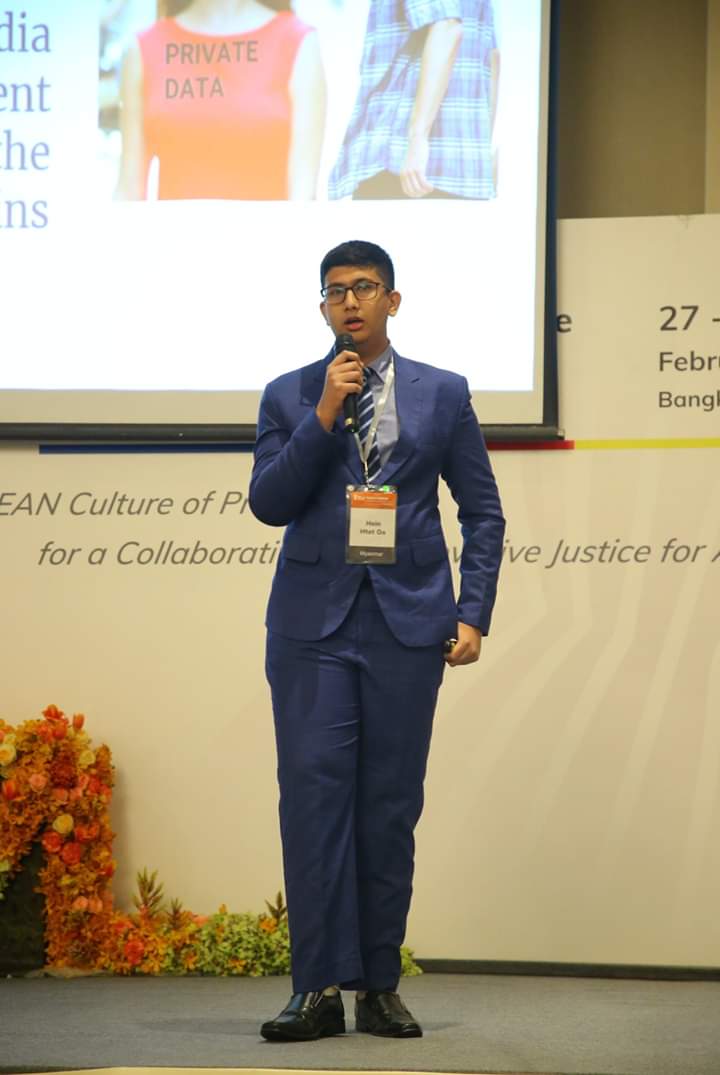
In 2020, Hein joined the Stockholm+50, an environmental advocacy opportunity that would connect him with international efforts and help him to use his voice to make a diplomatic impact. He was chosen as a representative for Myanmar and was invited to the UN General Assembly meeting in New York City in 2020 — at the height of the pandemic.
“I was able to express my own ideas and those of other young people in my country,” he shared. “It was engaging and showed me that I was growing — from grassroots efforts to the United Nations.”
In addition to this, Oo was invited by the UN to attend the Intergovernmental Negotiating Committee, a meeting to negotiate the plastic treaty, for which they granted him accreditation as a youth stakeholder. They are convening to negotiate the plastic treaty.
“I think, if you consider the whole environmental process, young people play a leading role; their voices wake up the world,” he told us. “As the process continues, youths are rarely considered in the decision process and rarely given a chance to be a part of it. I’m one of 20-30 youths that will be there.”
He even organized a meeting of his own called the Myanmar Environmental Youth Assembly, which convened online and brought youth together to talk about the country’s future and the things they want to change. Oo remains involved and engaged with environmental advocates around the world, through Stockholm +50 and other youth advocacy groups.
In Myanmar, continuous engagement with these efforts would be difficult due to the internet instability making communication increasingly difficult.
“When the military notices young people coming together, they think it could potentially be a threat,” he explained. “I am here [in the United States], [but] the people that I am talking to are actually there. I don’t want to put them at risk.”
The Impact of the Aspire Leaders Program
Hein Oo has always valued education. When he was expelled from his university for participating in the revolution in his country and had to flee, he felt eager to find a way to continue his studies and find opportunities.
“I would say it lit a fire in me, because I knew it was a chance to really learn.”
“This is why the Aspire opportunity was so important to me. Aspire didn’t discriminate against me for who I am or who my parents are,” he said. “I would say it lit a fire in me, because I knew it was a chance to really learn.”
Oo liked the interdisciplinary aspects of the program but also attributed a lot of growth to his global network of peers.
“The network was amazing to me. I got to meet all of these students just like me but from different countries,” he said. “Even though we didn’t have all the educational opportunities growing up, this brought us together and gave us the chance to share our experiences and learn from each other.”
Coming to live in the United States with the inability to return home anytime soon, Oo has had to work to find a community.
“Sometimes I feel alone but being a part of Aspire made me feel like I am part of something greater,” he shared. “We are all aspiring to make the world better and grow as much as we can.”

